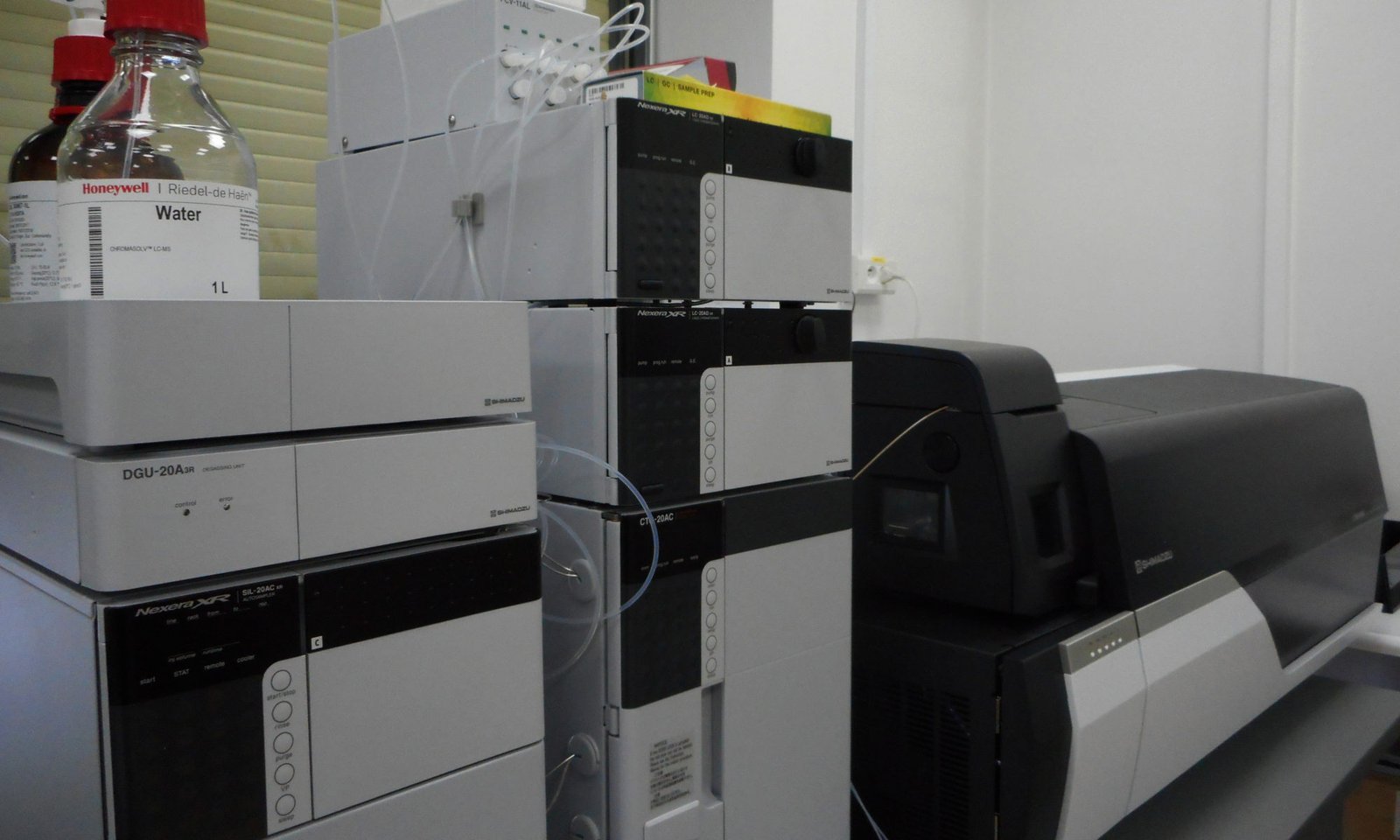Abstract
Osteoarthritis is a debilitating disease that results in pain and joint stiffness. Currently, steroidal and nonsteroidal anti-inflammatory drugs and supplements aimed at restoring lubrication to the affected joint are the most successful with respect to improving patient comfort. Due to the success in lubricating therapies, there exists a keen interest to develop better therapies that mimic how lubrication occurs naturally in the joint. Here we describe the results obtained using a chondroitin sulfate chain to which is conjugated peptides that bind to either hyaluronic acid (found in high concentrations in the synovial fluid) or collagen type II (present on the cartilage surface). Our study investigates the effect of binding to the cartilage surface and interacting with hyaluronic acid on lubrication at the cartilage surface. The results described here suggest that binding to the cartilage surface is critical to supporting lubrication and did not require the addition of hyaluronic acid to reduce friction.
Read full text:
Peptide-modified chondroitin sulfate reduces coefficient of friction at articular cartilage surface https://t.co/vYnXTOUH4o #CRBIOTECH #Cartilage #Osteoarthritis @erlesen @ShraboniGhosal @MarcoAlbuja @HealthyFellow
— INPST (@_INPST) March 21, 2020
Other social media channels: https://t.co/WO0pc6I3Q9 pic.twitter.com/OSDT4vB8ba
Why publish with Current Research in Biotechnology? Quality. Speed. Visibility. https://t.co/xj0ri5DgNI #CRBIOTECH #INPST pic.twitter.com/jcIVOavjjf
— Atanas G. Atanasov (@_atanas_) June 26, 2019
The International Natural Product Sciences Taskforce (INPST) maintains up-to-date lists with conferences, grants and funding opportunities, jobs and open positions, and journal special issues with relevance for the area of phytochemistry and food chemistry, pharmacology, biotechnology, medicine and pharmacognosy research, and natural product science.
Join for free INPST as a member

























